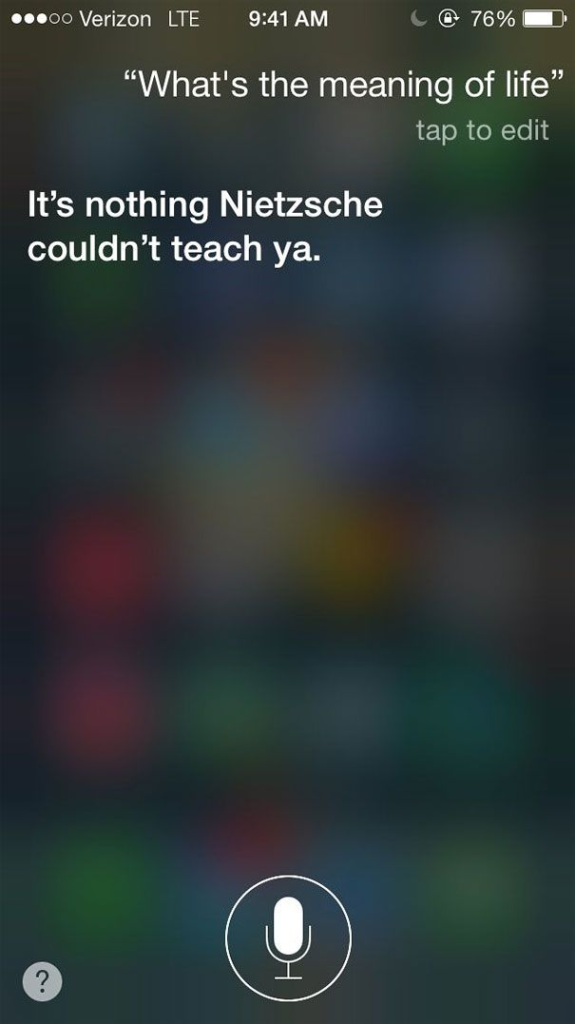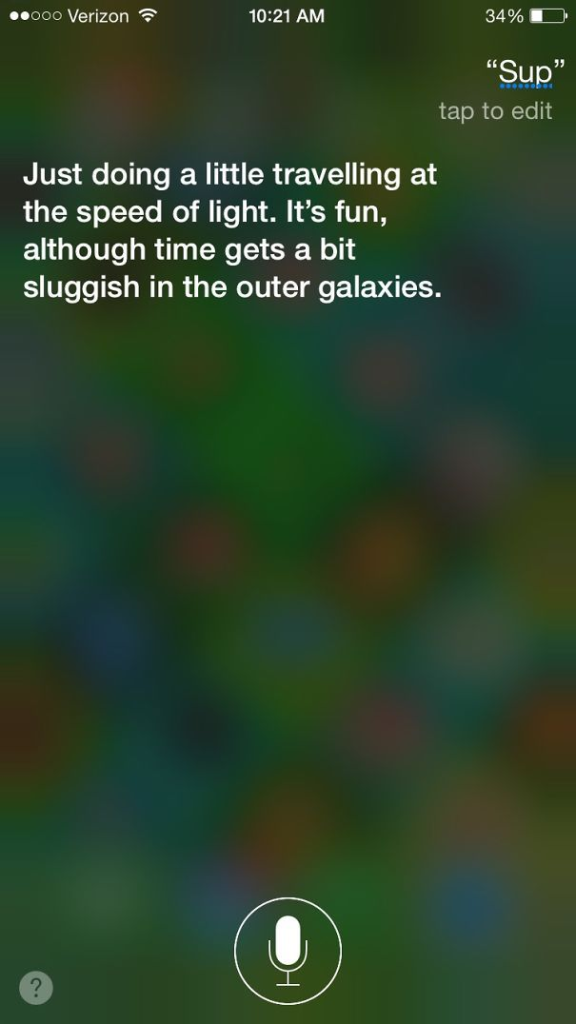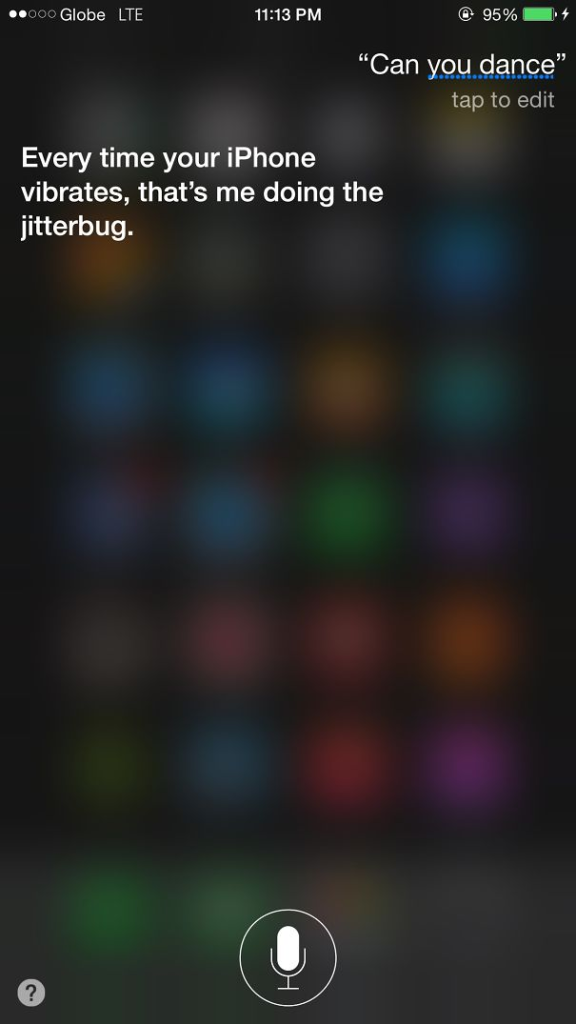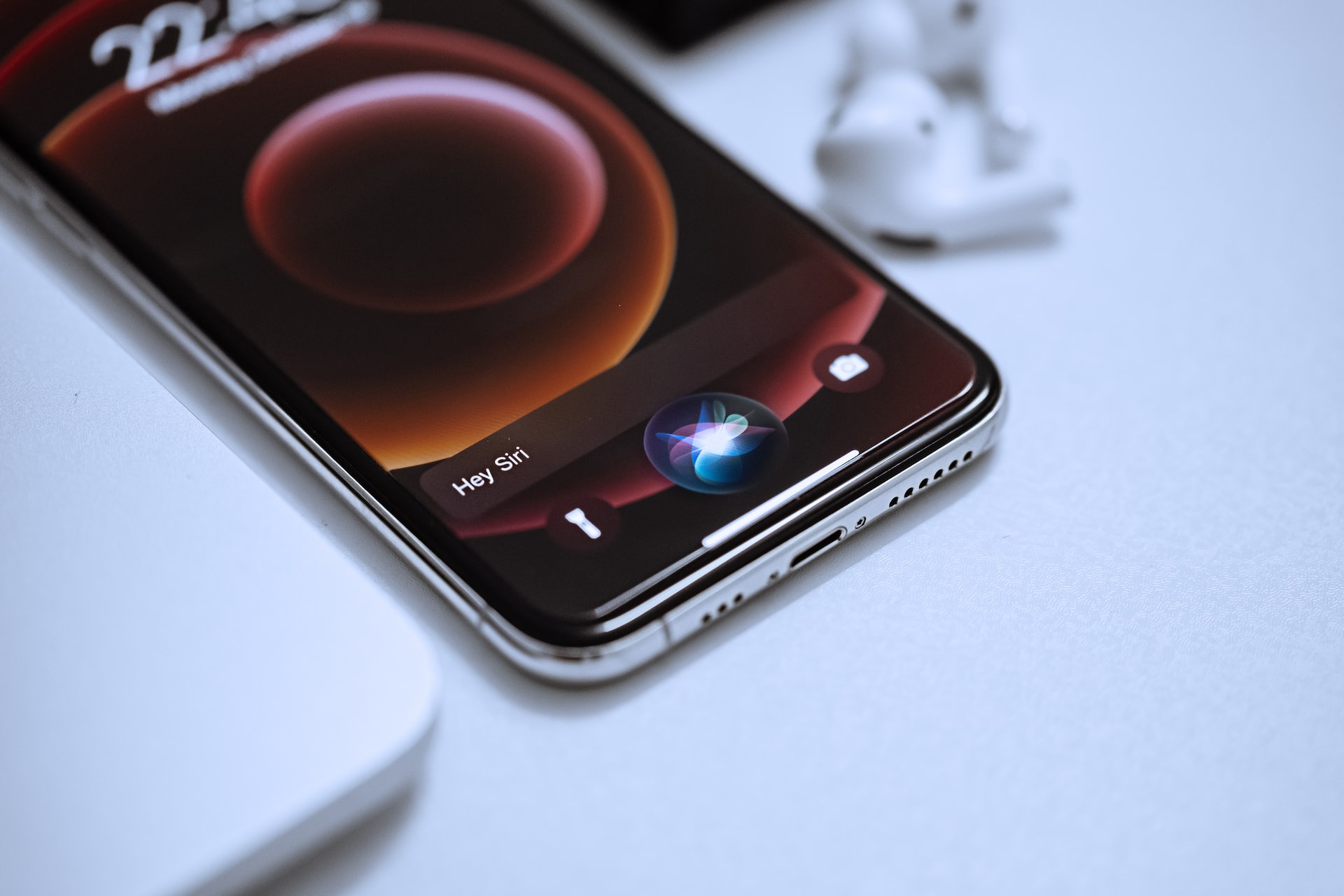The VUI Designer’s Guide to Voice Content and Usability
“We are considered one of the best web design companies in Los Angeles; how can we help you, Sir?”
Quick Links
“Well, I need a voice search feature for my e-commerce website. Does your web design company help with the same?”
“Yes, absolutely yes! Our branding agency offers 360-degree website redesign services to help you stay updated and upgraded with the latest technology!”
“That’s amazing! We can start with the same once you send me the quotation!”
“Sent!”
“Approved! Start the work!”
Have you always dreamt of this scenario? All of it can be true, and you can earn good numbers with voice search and content-enabling technology!
However, before starting or randomly jumping into this, you need to know a few basics and statistics for sure!
1. What type of queries do people like to speak up rather than just typing?

2. Which places have people started adopting voice search features?

You are here peeping into a designer’s guide, so we assume you are a designer yourself and are working on a client’s project who wants to enable voice search or someone who is planning to grab a few clients into the same service. Either way, before you proceed, we would like you to do one important thing – Forget you are a designer!
And go back to the pavilion! You are a normal human being – a layman specifically who is trying to understand what voice search is and how to use it to make your life easy and better, apart from flaunting in front of your friends and family about how advanced you are when it comes to technology.
Now, first of all, you need to wear multiple hats as you are designing the product for varied generations and not just one who knows the ins and outs of technology. It is easy to design for a single set of audiences compared to multiple, but here you won’t have that chance as a designer, and you need to know all of it when it comes to enabling voice search. It would be best if you learned how to make it work for a particular target audience of a client and others to diversify your project reach. And to do that, you must try various hats until you are a sure pro!
Let’s wear one, chance by chance:-
Hat 1: As fine as FIVE!
I’m sure you would have a niece or a nephew who would constantly be on the phone playing games or watching youtube videos. And also, thanks to covid, the little monsters just got access to 24*7 the absolute toy (which can be, at times, dangerous for them!), but anyway, the point here is that kids nowadays are always on phones searching for videos and other things via voice search. According to the Survey by Google and Apple, 68.8% of toddlers aged 3 to 7 use voice assistants to search for their school videos, cartoons and funny videos.
Here, you need to understand the language of 3 to 7-year-old kids. Also, the one at three won’t be speaking the same thing as the seven one, and therefore, you need to consider the voice pitches and way of communicating before designing the voice search interface. You need to imagine yourself as a 3-4-5-6-7-year-old and understand what kind of searches you would do and how you would proceed once you get the results. The best thing is to interact or spend time with them in person to understand their activities.
Also, while designing the voice search, remember the internet is a pool of good and bad fish, and voice search can lead to a lousy fish which can be dangerous for the kids. Technology has two sides; their searches should only lead them to the good side.
Hat 2: Just Turned Teen!
Now, imagine you are today’s teenager and are always on the phone. The first thing you have is a voice assistant waking you up with the alarm; then it calls your best friend via voice search, then again it reminds you about the group study, and till it finally gets dead and tells you to sleep! The entire time, they use voice assistants, making their life easy and sassy in front of their friends.
As per the survey by Mobile Marketer, 55% of teenagers use voice search daily for their different chores and reminders.
To design their voice content, you need to understand their primary purpose and goal of using it daily. Once you know the reason, you need to understand deeply how they use it and which searches are maximum. Also, to understand more, you can ask the same questions to them and get to know where else they would like to have voice searches instead of typing.
Here is a valuable tip: Teenagers use slang, primarily abbreviations and sarcastic words, that mostly add to their fun quotient. Therefore, it is essential to design the voice search and its interface in their type of language.
Hat 3: 20’S Something!
“Siri! I have nothing to wear! Get me the best office party game ideas!”
Or
“Siri, what should I wear in my college freshers?”
Or
“Siri, best weekend gateway places near Toronto.”
Here, you can cover the age group of 20 to 29, and they mostly have voice searches related to fashion and travel places. Therefore, it is crucial to understand how they deal with search engines and voice assistants. These assistants are like their friends, and they talk a lot with them in their past time – we know enough examples already rolling on the internet and in terms of memes all over! Design it as you are designing your own friend or yourself at that age, and you are done!
Hat 4: As confused as your Mom!
“Alexa, kids tiffin ideas.”
Or
“Alexa, suggest some kitty party dresses!”
Here, you can cover all moms – new moms or one with an adult son or daughter! They are new learners of this interface and often use it to simplify life and avoid long typing texts in the search bar. You need to be in their shoes and understand what their day looks like and how they use voice assistants in general.
Hat 5: A know-it-all Grandpa/Grandma!
This age group is fantastic! They have never used it before but are keen to adopt new technology. They take voice search for enjoyment as well as help! You need to understand their perspective on this and know exactly where they find the glitch and you can help them with a better voice search experience.
Hat 6: One who is Special and Under-privileged
As you wear this hat, you must keep your mind aside and bring your heart in front. It would be best to think from an emotional and practical angle while designing their interface. Their sole reason for using voice assistants is to make their life easy and quick. The more you interact and spend time with them in person, it will be easy for you to design voice content features.
Now you have worn each hat and understand exactly what each customer would be going through while using the product, you will be able to design it more for them and not for the owners who wish for the profit (not all, most of them).
You should take care of their needs and preferences as it’s their idea and product but make sure to make them understand one thing softly – ‘Customer is the king. When the customer comes first, the customer will last.’
In general, here are other essential things to keep in mind while designing voice content.
1. It’s versatile – All languages and accents.
2. It is humanized – It should feel like talking to a friend.
3. It should be polite – If you remember, there were memes all over the internet when a customer tried to flirt with ‘Siri’, and it gave back a short and rude answer; it was poorly trolled back then. Fortunately, later it got converted into a fun thing, but it did some massive damage to the reputation of the Apple company. To avoid such cases, while you design the pre-decided answers, make sure you use a polite vocabulary and make the AI sound sweet and not sarcastic. It is a tool for enjoyment and should not be taken as offensive by the customers.
If you remember the trolls…


4. Make it simple but clever.
As per the survey, people love to talk to AI systems in their free time. It is one of the free-time gigs for them. You can’t deny that people love seeing an intelligent answer that makes them laugh or feel emotional rather than a sassy, sarcastic answer that makes them feel like shutting off or throwing up the system and never opening up!
It’s always good to set voice content in a way that translates even the severe thing in a hilarious way to make it sound less upfront and straight to the point.
Some amazing examples of voice search that are shared up on the web space as the most liked ones:





With this, we come to the end of our guide. Voice assistants and voice search is the future, and so be it. Just understand the reasons right, and you are all set to make the best of all for the world.
The world needs good voice search designers, and you can be one of their saviours!
‘You do. They talk. It’s EVEN!’
Why WooCommerce is the Best Choice for Your Online Store?
WooCommerce stands out as a top option for anyone looking to build an online store. This platform…
0 Comments8 Minutes
How to Use AI-Powered SEO Tools for WordPress eCommerce
SEO is a critical factor in the success of any e-commerce WordPress store. As competition…
0 Comments11 Minutes
Why Short-Form Videos Are the Future of Content Marketing
Your Instagram customers spend over 50% of their time watching short-form videos and reels. Rather…
0 Comments12 Minutes
The Role of Digital Marketing in Business Growth
Online marketing touches every aspect of a business, whether it is initiating the idea or for an…
0 Comments3 Minutes
AI Meets Authenticity: Balancing Automation and Human Touch in Content Marketing
Is your brand starting to sound like a robot? In a world where algorithms write faster than any…
0 Comments8 Minutes
Essential Tools for Enhancing Web Design and UX Hosting
Have you ever visited a website that felt slow, clunky, or confusing? A website that is poorly…
0 Comments11 Minutes
How a Mini Cart Transformed My Store’s Shopping Experience
Okay, real talk—running an online store is hard. You think you’ve got everything figured out, you…
0 Comments9 Minutes
Balancing Your Security Initiatives With Industry Compliance Requirements
Managing a business today comes with a number of daily battles that need to be fought. Resources…
0 Comments11 Minutes








